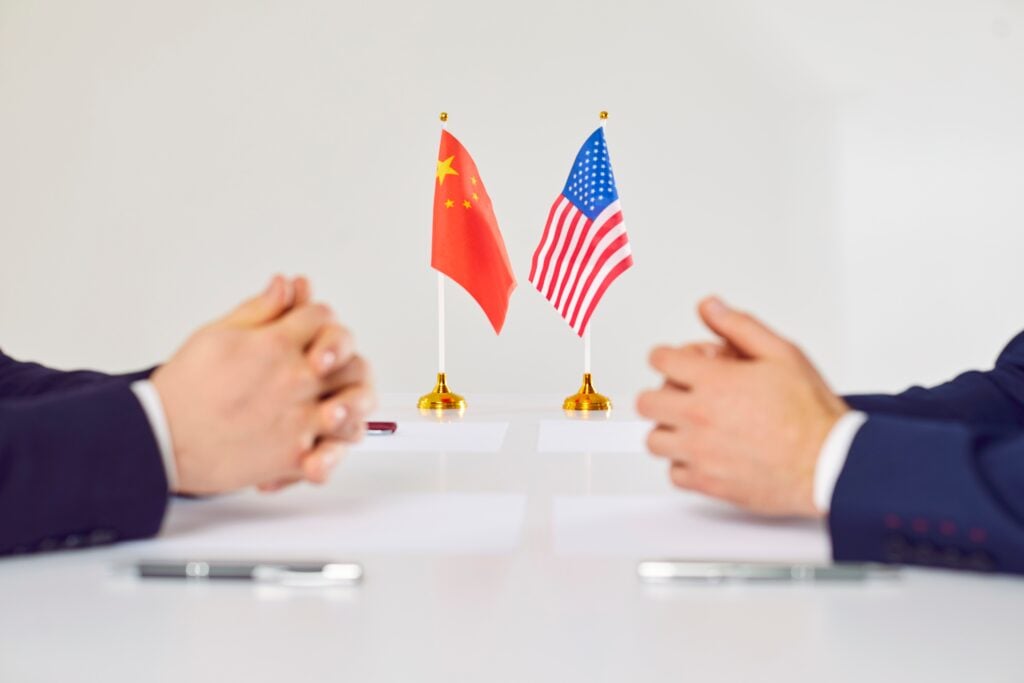The recent implementation of new land ownership laws restricting property purchases by foreigners, particularly targeting Chinese nationals, has caused significant political shifts among U.S. citizens of Chinese descent. Diana Xue, a long-time Republican voter from Orlando, Florida, embodies this change; the law prohibiting non-permanent resident Chinese citizens from buying property in the state prompted her to question her political affiliations. Xue, who immigrated from China and became a U.S. citizen, views this law as an alarmingly discriminatory measure that transcends typical political lines. Previously, she followed her community’s Republican leanings, but this overt ethnic targeting has led her to reconsider her future political actions and actively support candidates willing to fight for change.
Florida is just one of many states where proposed laws echo the sentiment seen in Xue’s predicament. With at least two dozen states considering similar restrictions, this trend is alarming not only for those affected but also for broader societal implications. Advocates of these laws often provide national security reasons, claiming that foreign ownership poses intelligence threats, particularly from China. Governor Ron DeSantis described China as a major geopolitical adversary when he signed the legislation. These actions serve as a catalyst for political revaluation, particularly among naturalized Chinese citizens who fear that their status is now under scrutiny in a climate of rising anti-Asian sentiment.
The legal framework for these laws creates restrictions not only on foreign ownership overall but specifically emphasizes properties near military installations and critical infrastructure. These measures are deemed necessary by some lawmakers but have increased anxieties among Asian communities in the U.S. While framed as protective steps for national security, such legislation can lead to perceptions of systemic discrimination. Liu Pengyu, a spokesperson from the Chinese embassy, has expressed concerns about the implications these laws have on the Asian community and cautioned that they could deter foreign investments vital for economic growth. This fear is compounded by increasing concerns among experts about the long-term impacts of such regulations on U.S. economic vitality and diversity.
One of the high-profile examples caught in this legislative crossfire is Walton Global, a private land management company that has been inaccurately labeled as one of America’s top Chinese owners of agricultural land. Walton disputes this characterization and highlights that its funding comes from a diverse global investor base. As they navigate the political landscape and attempt to clarify ownership classifications, Walton faces scrutiny and resistance from various stakeholders who question the implications of foreign land ownership, particularly close to sensitive areas. The firm argues for a nuanced understanding of foreign investment, pushing back against the binary narratives populating the political discourse.
The consequences of these hostile policies extend beyond limiting property acquisitions; they significantly impact real estate agents and brokers seeking clarity on the new legal landscape. Real estate attorney Angela Hsu indicates that brokers are now scrambling to understand how these laws could affect their clients and business operations. Federal movements also echo this trend, as seen when the House of Representatives passed a bill mandating reports on agricultural land purchases by citizens from countries viewed as adversaries. However, such measures face an uphill battle to become law in the Senate, reflecting a deeper ideological divide on foreign investment and national security.
The broader implications of this trend are raising alarm not only within affected communities but also among scholars and economic experts. Chris Suh, a history professor, warns that these exclusionary policies can exacerbate divisions while undermining economic viability, drawing parallels with historical instances of discrimination against immigrant workers. The evolving narrative surrounding foreign investment, particularly from China, encapsulates ongoing political tensions domestically and internationally. Cases like Walton Global illustrate the challenges inherent in formulating comprehensive responses to foreign ownership that balance legitimate security concerns with the need for inclusivity and investment in the U.S. economy. As these discussions evolve, the intersection of race, politics, and economics will continue to shape the narrative around foreign land ownership, demanding careful examination and nuanced policy responses in the years to come.

